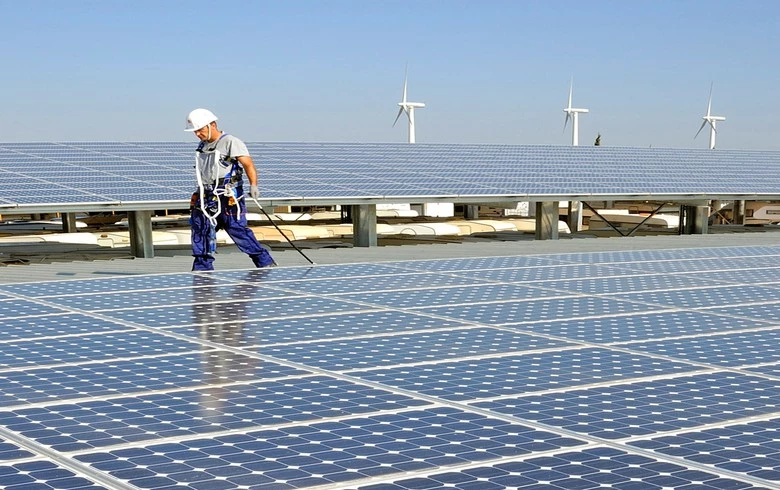A new technical cooperation project between the United Nations Food and Agriculture Organisation (FAO) and Tunisia was launched Thursday in Tunis, for $ 300,000, according to FAO Representative in Tunisia and Coordinator of the Office for North Africa Michael Hage
This project aims to strengthen cooperation with Tunisia in the olive sector and the development of a long-term strategy, based on the benefits of the market for olive oil and its derivatives on the one hand and benefits of high productivity olive groves and their adaptation to drought periods due to climate change and scarcity of water resources, he said at a workshop on olive sector in Tunisia.
The project is also working to put in place an olive development strategy by 2030, according to a sectoral orientation that takes into account the entire chain of production until marketing. it will contribute to the Sustainable Development Goal 2 which aims to ensure food security, improve food security and promote sustainable agriculture, specifically increasing production and nutrition through the quality of olive oil.
On this occasion, he recalled that this project will have to implement the recommendations of the value chain study prepared by FAO and the EBRD in 2015, which highlights the efforts needed to enable Tunisia to respond better to market demand and improve olive oil storage for the sustainability of the sector; the aim being to facilitate the exchange of information with a view to setting up a new strategy and a common roadmap for the sector.
Minister of Agriculture, Water Resources and Fisheries Samir Taieb underlined that his department is working to increase the export rate of organic oil and packaged oil in order to improve the performance of the olive and vegetable sector and implement the specific quality of Tunisian olive oil.
He considered that the preservation of the economic and social role of the olive sector is dependent on the impetus for investment in this activity, the modernisation of the means of production and the opening up of means of production and marketing techniques.
The next stage requires the development of a clear strategy in this area based on an understanding of both external factors (relating to the liberalisation of the world economy, the possibility of setting up free trade zones, international trade policies …), and internal factors (in terms of production systems and agricultural policies adopted in Tunisia).
According to the Minister of Agriculture, the sector also has 1,700 oil mills, in addition to a large number of storage units, packaging and marketing of olive oil. The area reserved for olive groves in the country amounts to about 1.9 million ha (almost one-third of cultivated agricultural land), including 95,000 ha are irrigated.
They have 88 million olive trees, representing a variety of farming methods, planting densities and varieties, which differ according to the characteristics of the regions that shelter them.
Olive growing is present in a global or partial way in about 309 thousand farms or 60% of all farms. This activity provides a source of direct or indirect income for 10% of the population and accounts for 20% of the agricultural labour force. It represents 10% of the value of agricultural production and 44% of all agricultural exports with an annual average for the last ten years, 150 thousand tons of olive oil exported, the equivalent of 70% of national production.
During the current season, Tunisia has exported 155 thousand tonnes of olive oil, worth an estimated 1.5 billion dinars. The average national production of olive oil in the last decade was 180 thousand tonnes, which represents more than 6% of world production.
Tunisia ranked second internationally in terms of area cultivated and fourth in terms of export and production of olive oil (after Spain, Italy, and Greece).
TunisianMonitorOnline (TAP)




